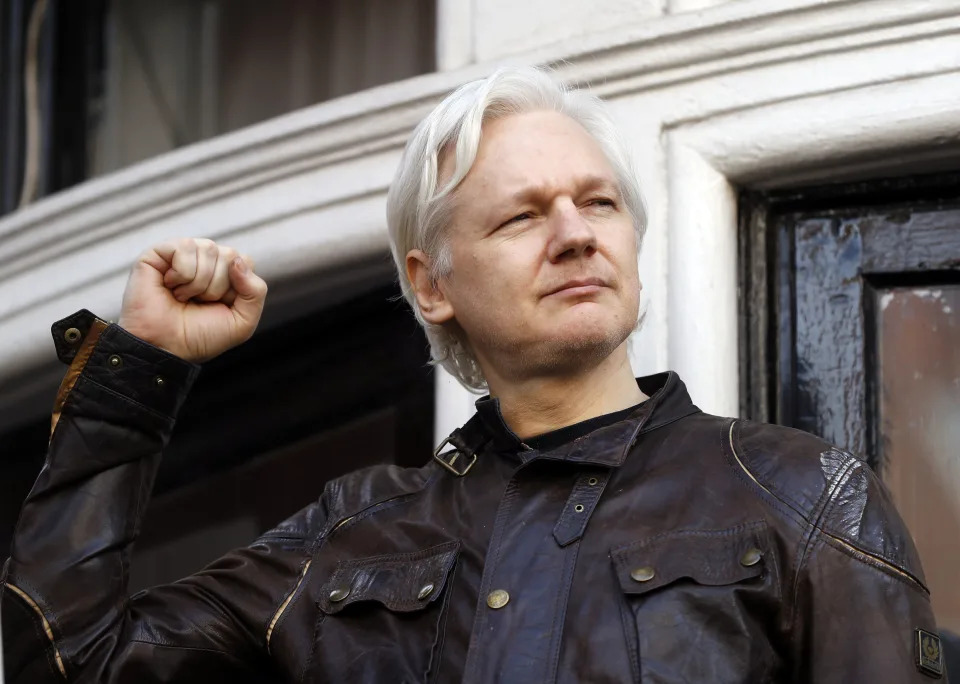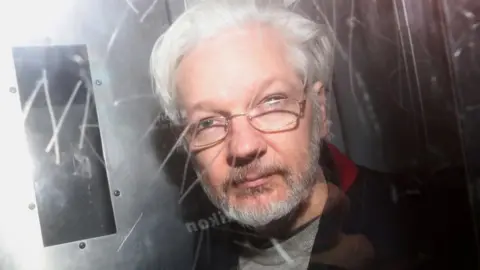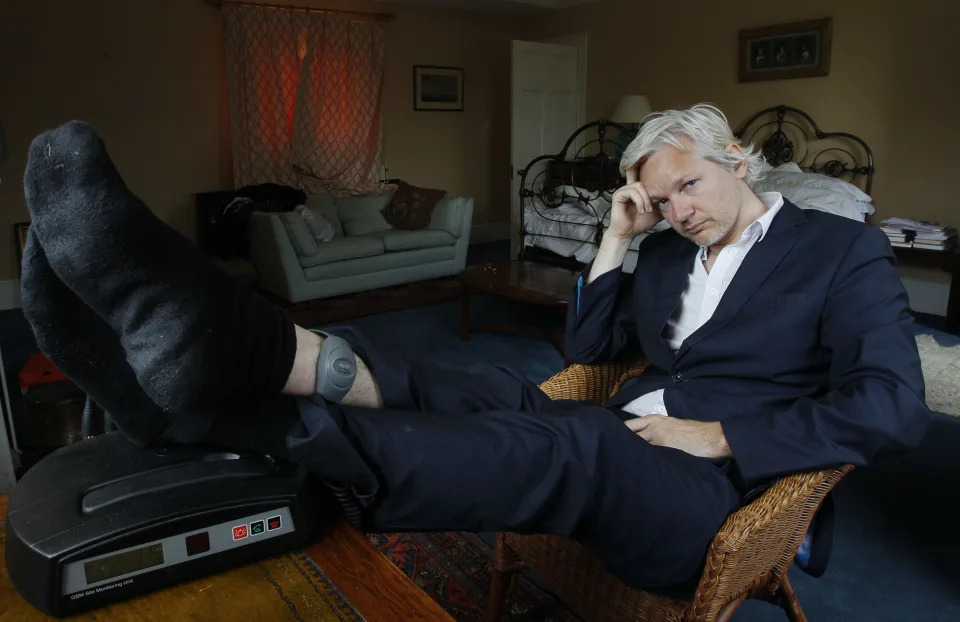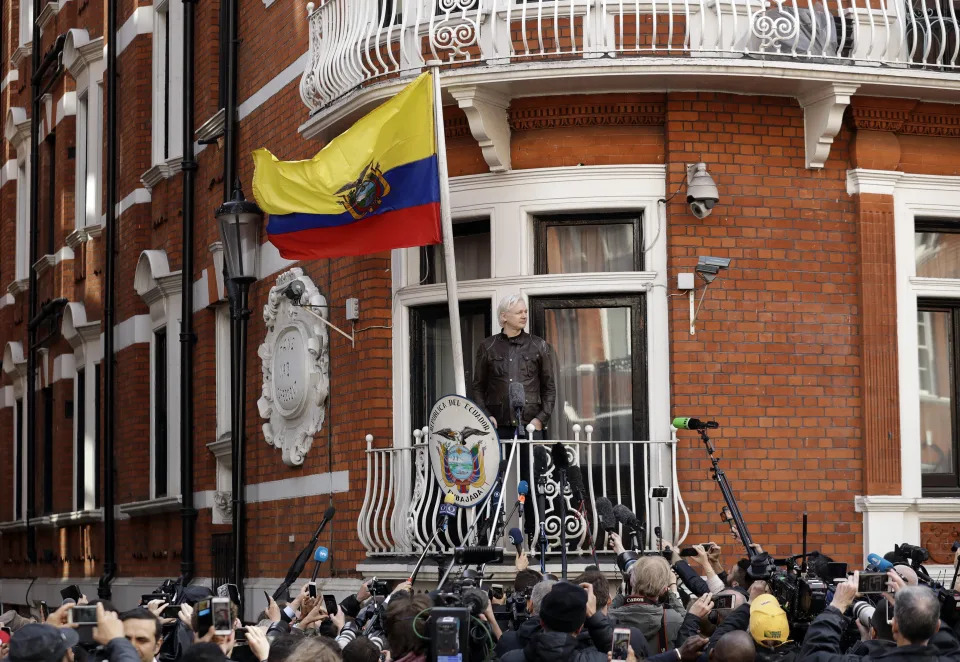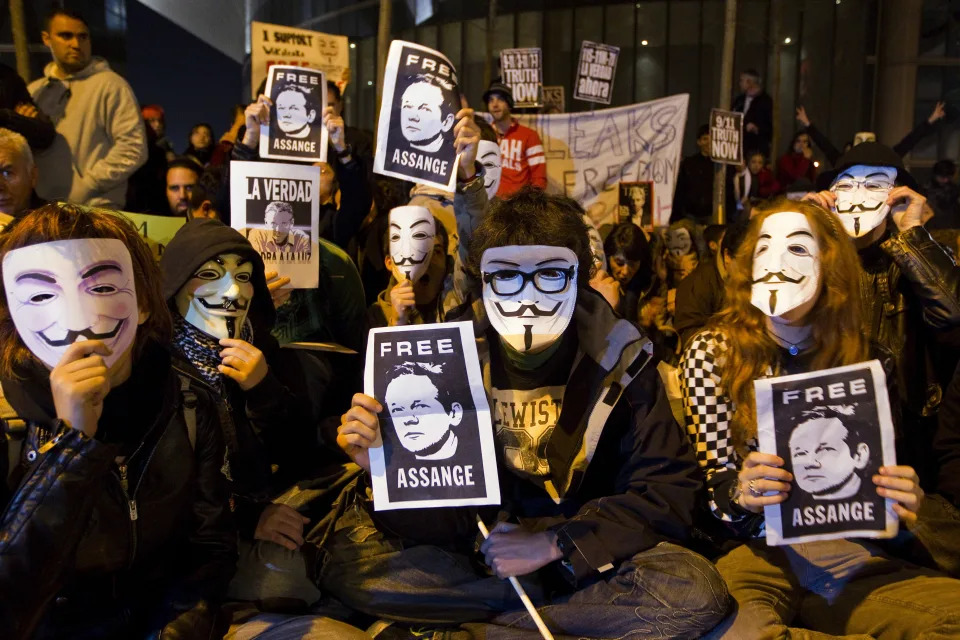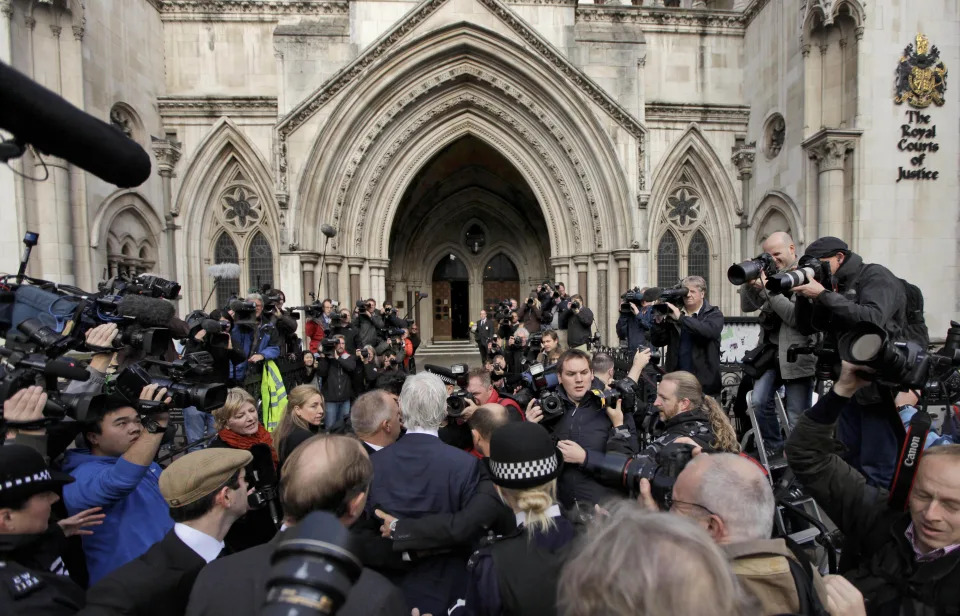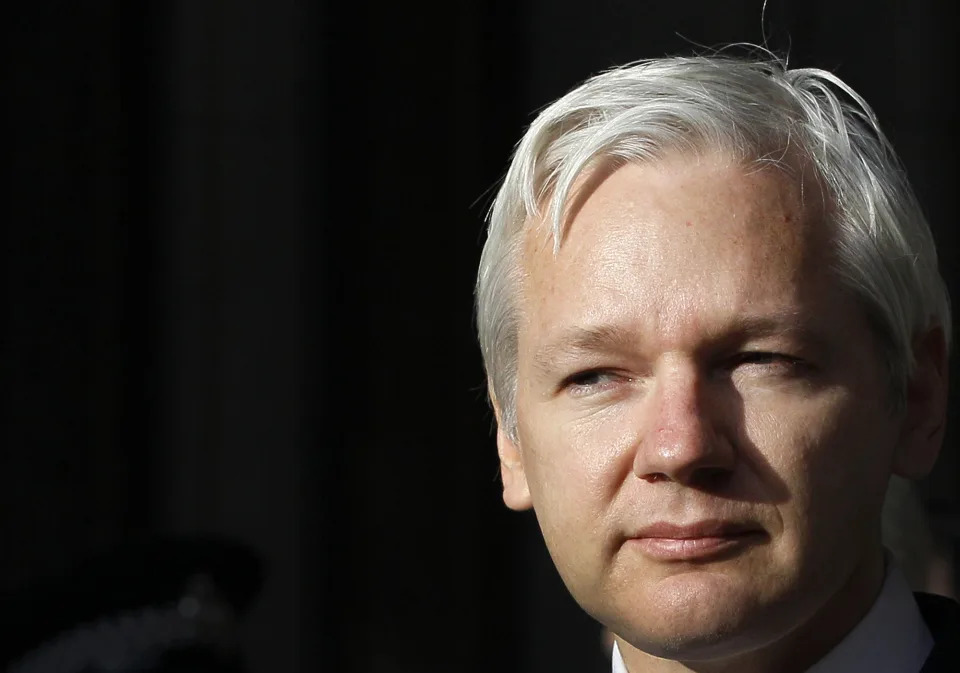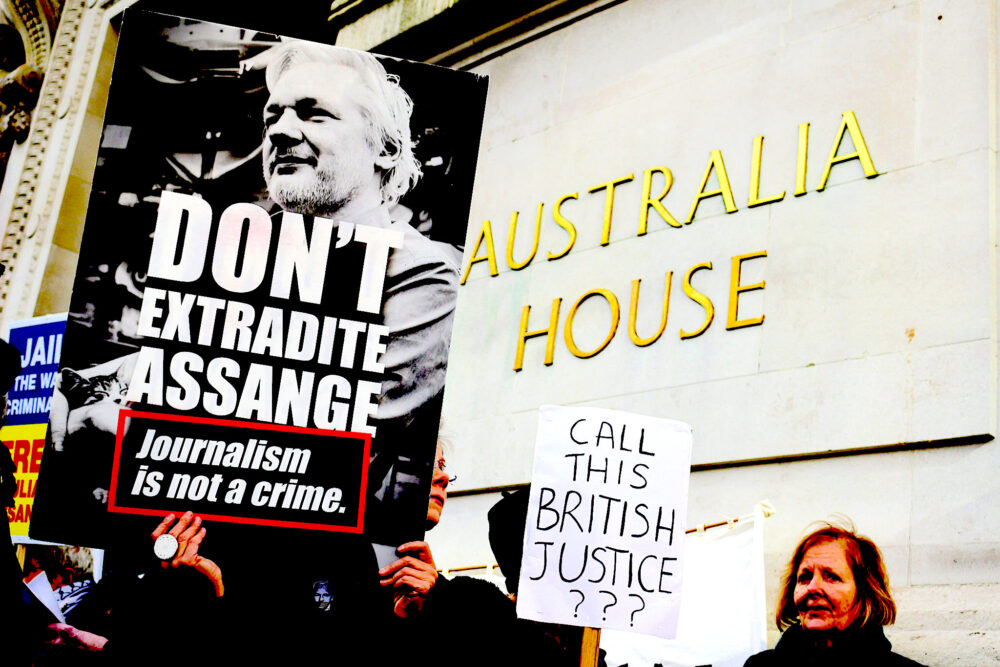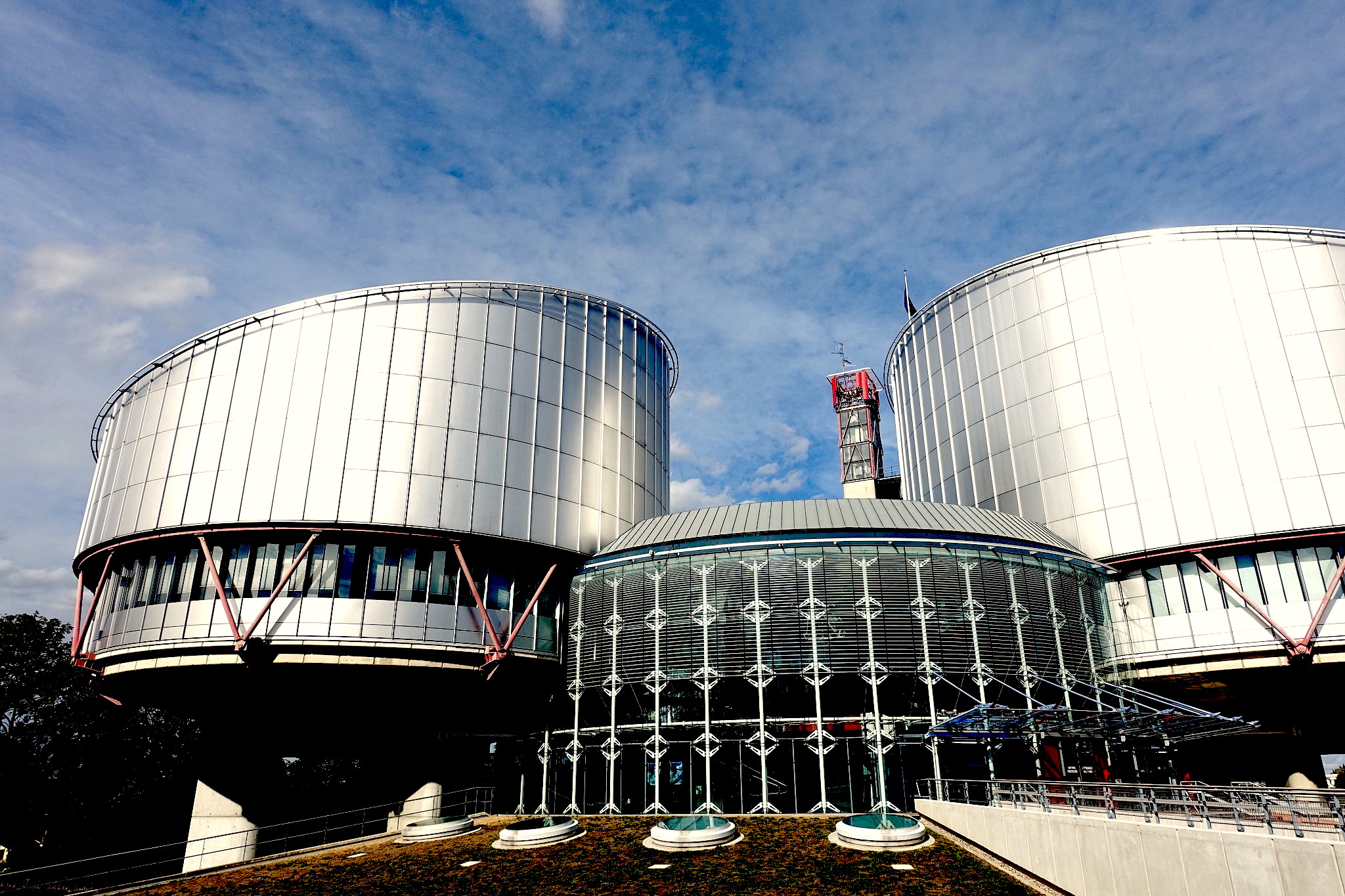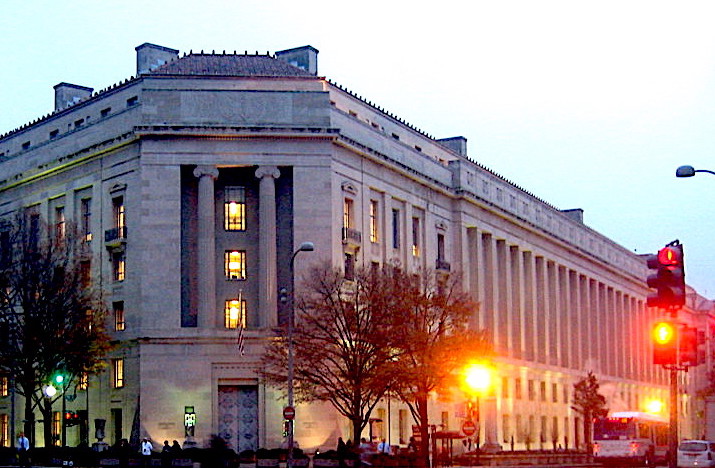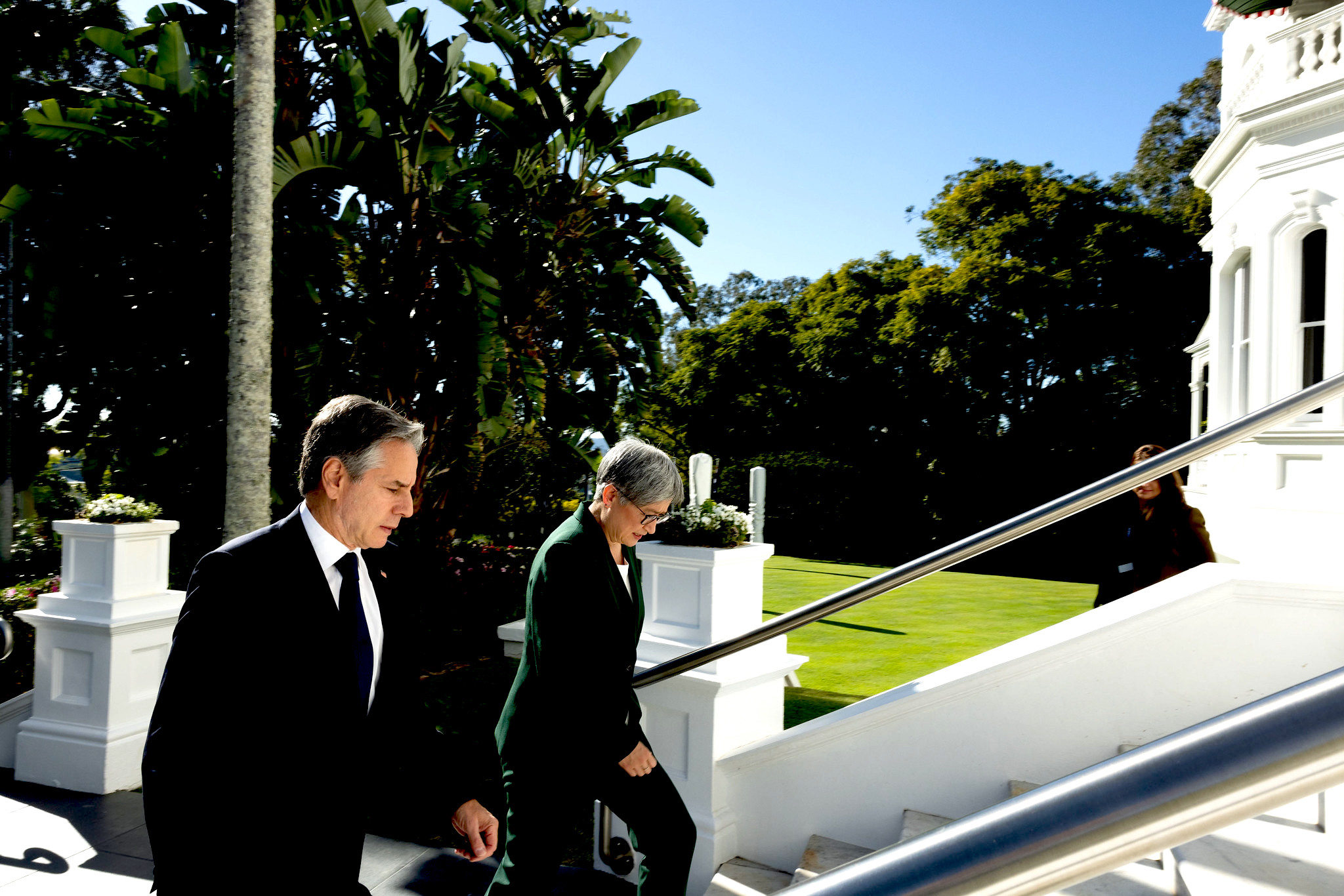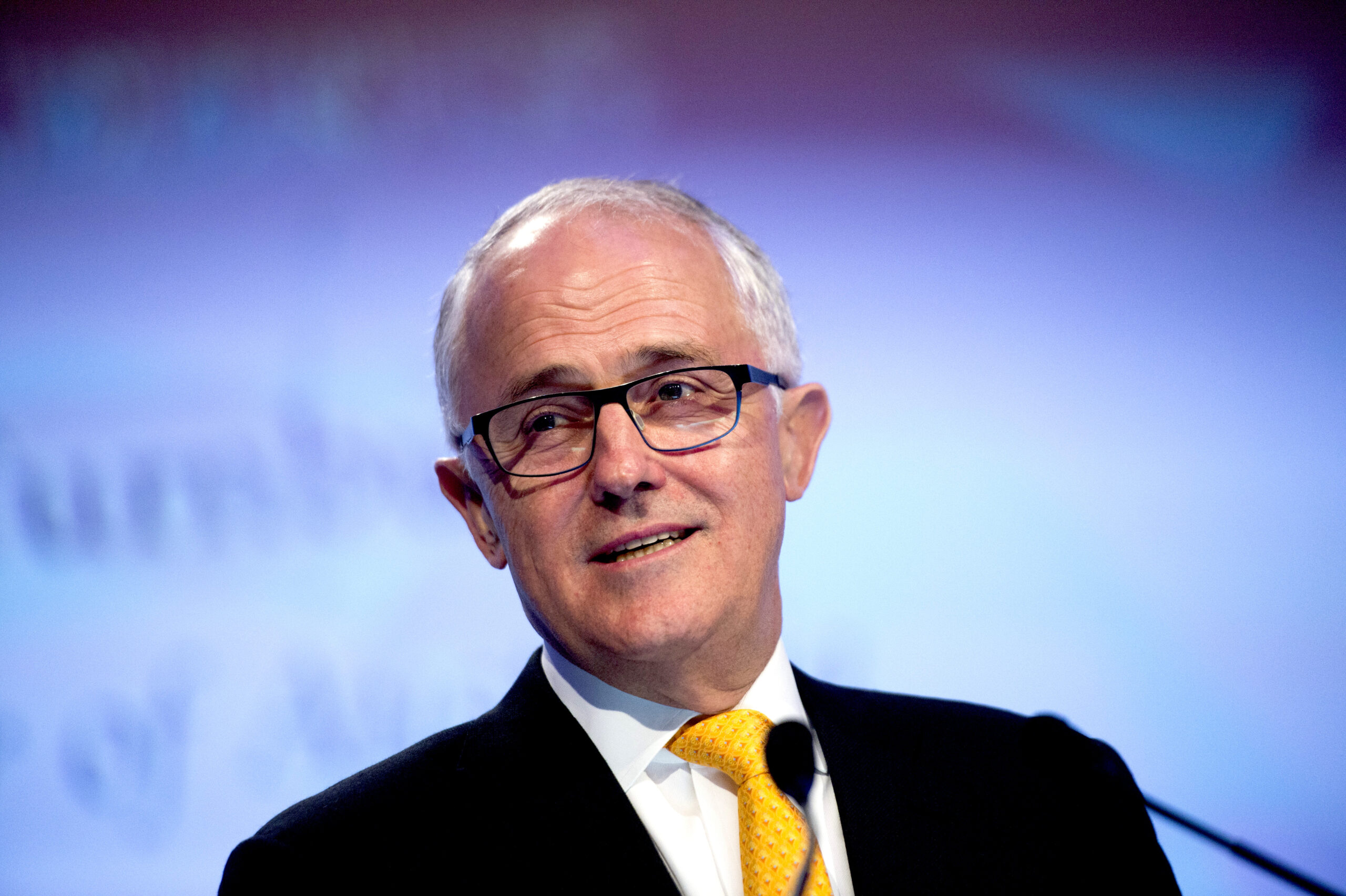Pollinator's death trap turns into nursery
KOBE UNIVERSITY
IMAGE:
ARISAEMA PLANTS ARE KNOWN TO TERMINALLY TRAP THEIR POLLINATORS AFTER POLLINATION. HOWEVER, IN ONE SPECIES, A FUNGUS GNAT CAN NOT ONLY SOMETIMES ESCAPE FROM THE TRAP, BUT ALSO LAYS ITS EGGS INTO THE PLANT AND HAS ITS LARVAE FEED ON THE DECAYING FLOWERS. THIS “LIKELY REPRESENTS AN INTERMEDIATE STAGE IN THE EVOLUTION OF NURSERY POLLINATION MUTUALISM,” SAYS THE KOBE UNIVERSITY BIOLOGIST SUETSUGU KENJI.
view moreCREDIT: NISHIGAKI HIROKI & SUETSUGU KENJI
In a group of plants that is famous for luring its pollinators into a death trap, one species offers its flowers as a nursery in exchange. The Kobe University discovery blurs the line between mutualism and parasitism and sheds light on the evolution of complex plant-insect interactions.
Many plants rely on animals for pollination and most offer rewards for the service. Some plants, however, deceive their pollinators, and a famous example is the genus Arisaema. “It is famous as the only plant that achieves pollination at the expense of the pollinator's life,” says Kobe University biologist SUETSUGU Kenji, who is an expert on plant pollination ecology. The plant uses a musky odor to lure fungus gnats that usually feed and lay their eggs on mushrooms into their cup-shaped flowers. The insects can escape from the male flowers, but only after tribulations that will result in them being covered in pollen. However, there is no escape from the female flowers. Once they enter these, the involuntary pollen carriers struggle to find an exit, which ensures that they will pollinate the flower, but they can't get a hold on the waxy interior and perish.
Suetsugu's group has a “long-standing interest in the genus Arisaema, but we are also dedicated to challenging traditional views in pollination biology. This drove us to look beyond the apparent antagonistic relationship and designing experiments that could uncover a more nuanced interaction.” They collected male and female flowers of a particular Arisaema species, A. thunbergii, and looked closely both at what species of insects got trapped and at what happens to the flowers after pollination.
The surprising results are now published in the journal Plants, People, Planet. The Kobe University team found that the main pollinator, a fungus gnat by the name of Leia ishitanii, lays its eggs into the flowers and that the larvae feed on the decaying flowers, developing into adult fungus gnats that emerge after a few weeks. Furthermore, they also sometimes found gnats emerge from flowers without any corpses of members of that species. This suggests that at least some of the insects are actually able to escape the trap. Suetsugu explains, “This finding adds a new dimension to our knowledge of plant-insect interactions, but the most exciting aspect is that even in well-studied fields, there is still much to learn. Nature is full of surprises!”
Suetsugu explains further, “The interaction between the plant and the insect probably still differs from other typical examples of nursery mutualism.” The fungus gnats do not exclusively depend on A. thunbergii as a nursery and so the ones that get permanently trapped in the flower are deprived of further egg-laying opportunities elsewhere. Thus, the interaction probably still comes at a cost for the insects, but there is also an aspect of mutualism the like of which has not been found in other members of the Arisaema genus. “We suggest that the interaction likely represents an intermediate stage in the evolution of nursery pollination mutualism,” says the Kobe University biologist.
Thus, A. thunbergii might be an example of an unusual evolutionary process from deception to mutualism. However, the research team speculates that by looking more closely at other members of the Arisaema genus, similar kinds of interactions might still be found. Suetsugu says that his team’s result therefore “highlights the need to refine existing models of pollination biology beyond the traditional mutualistic or deceptive paradigms, thus contributing to a more nuanced understanding of plant-pollinator dynamics.”
This study was financially supported by the Japan Science and Technology Agency PRESTO program (JPMJPR21D6) and the Japan Society for the Promotion of Science Grants-in-Aid for Scientific Research (19H03292). It was conducted in collaboration with researchers from Showa University, the National Museum of Nature and Science Tsukuba, and the Forest Research and Management Organization.
Kobe University is a national university with roots dating back to the Kobe Commercial School founded in 1902. It is now one of Japan's leading comprehensive research universities with nearly 16,000 students and nearly 1,700 faculty in 10 faculties and schools and 15 graduate schools. Combining the social and natural sciences to cultivate leaders with an interdisciplinary perspective, Kobe University creates knowledge and fosters innovation to address society’s challenges.
The flower of Arisaema thunbergii uses a musky odor to lure fungus gnats that usually feed and lay their eggs on mushrooms into their cup-shaped flowers. The insects can escape from the male flowers, but only after tribulations that will result in them being covered in pollen. However, there is no escape from the female flowers. Once they enter these, the involuntary pollen carriers struggle to find an exit, which ensures that they will pollinate the flower, but they can't get a hold on the waxy interior and perish.
CREDIT
YAMASHITA Hiroaki
A fungus gnat by the name of Leia ishitanii can not only escape from the trap, but also lays its eggs into the flowers of Arisaema thunbergii.
The larvae of Leia ishitanii feed on the decaying flower leaves of Arisaema thunbergii and on fungus mycelia that grow on them, developing into adult fungus gnats that emerge after a few weeks.
The fungus gnat Leia ishitanii is not only the main pollinator of Arisaema thunbergii, but also the only insect species found to lay eggs into it.
CREDIT
NISHIGAKI Hiroki
JOURNAL
Plants People Planet
METHOD OF RESEARCH
Observational study
SUBJECT OF RESEARCH
Animals
ARTICLE TITLE
Back from the dead: A fungus gnat pollinator turns Arisaema lethal trap into nursery.
ARTICLE PUBLICATION DATE
19-Feb-2024







